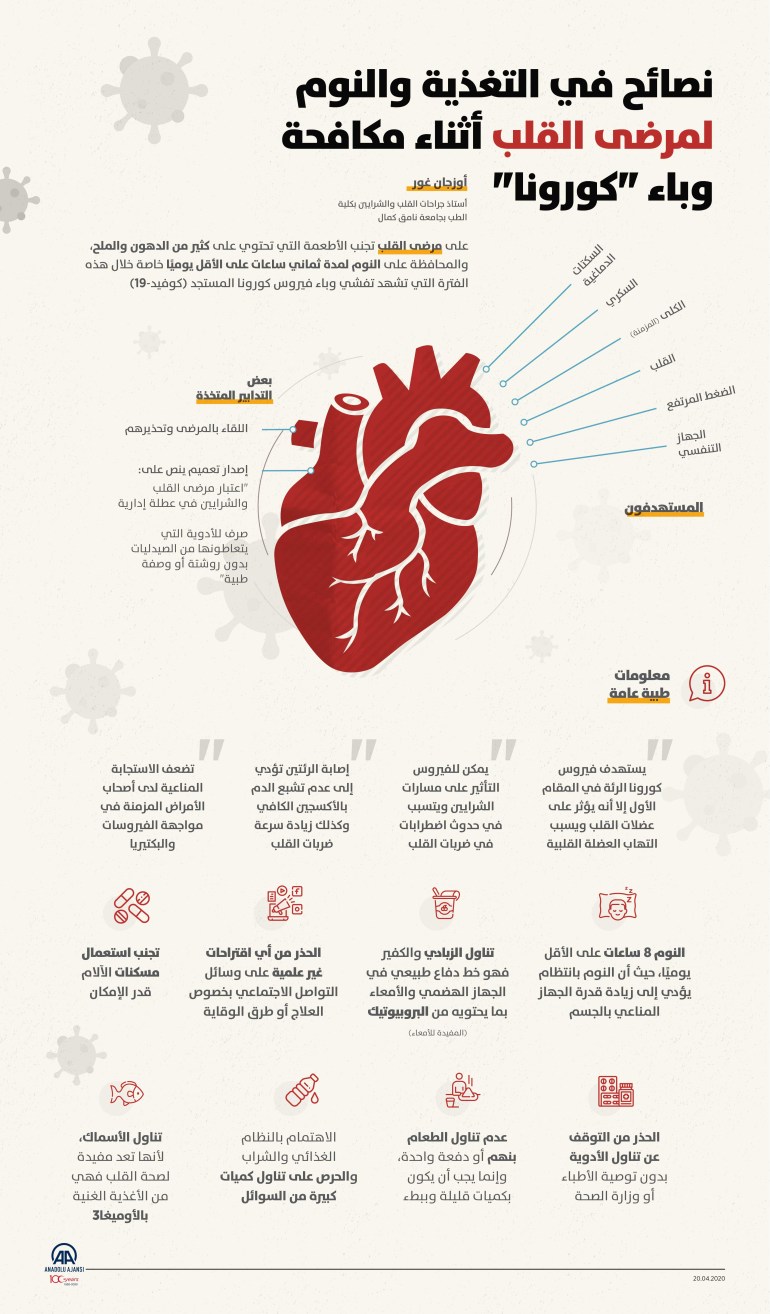Some argue that food can work as a cure for even some serious illnesses, and some may substitute it with approved medications.
How true is the phrase “Let your food be your medicine, and your medicine be your food”?
And does food actually work as a therapy?
The Greek physician Hippocrates is said to be the "father" of Western medicine, writing "Let your food be your medicine and your medicine be your food" more than 2,500 years ago, according to a report in Deutsche Welle.
However, this phrase, whether or not it is attributed to Hippocrates, has created some widespread misconceptions.
One is that it is possible to reject traditional medical treatment in favor of "curing" the disease through food alone.
The other reason is that if we become chronically ill, it is because our diet has not been "healthy" enough.
Nutrition is an important issue
Nutritionists say there is no guarantee that eating healthy food regularly will allow you to avoid certain diseases.
This does not mean that nutrition is an unimportant issue, but rather the opposite.
Whereas in the era of Hippocrates the treatment of disease included food, food was not treated as medicine, it was seen as a substance that our bodies could absorb and benefit from its components after digestion, while medicine was seen as a substance that could alter the nature of the body .
And according to what the doctor and nutrition expert in the United Kingdom Joshua Woolrich wrote in his book issued in 2021 entitled “Food is not a medicine”, medicines are able to do things to the human body that nothing else can do, but not taking a drug initially and in advance does not mean infection disease, according to the American "Seattle Times" website.
Vitamin C and scurvy
For example, Woolrich points out that taking vitamin C to treat scurvy is a successful treatment, because scurvy is caused by a vitamin C deficiency, but while antihypertensive medications lower blood pressure, we don't have high blood pressure because we haven't taken antihypertensive medications. Starting as a form of prevention.
He sums it up: "Food is food. Medicine is medicine. Let's stop confusing the two."
Healthy nutrition is necessary and useful, but it is not sufficient to prevent diseases and does not replace medicine.
Nutrition restrictions
In general, getting adequate levels of the necessary nutrients enables our bodies to develop and function normally.
This means that when diet quality is improved or physical activity is increased, the greatest health gains occur when someone moves from a low "baseline" - meaning nutrient deficiencies and a stable baseline of biological life - to meeting the minimum recommended levels.
At best, this impulse to eat (i.e. to eat as medicine) can ideally lead to an obsession with food without the guarantee of the desired reward, which is optimal health.
At worst, it can lead to eating disorders, for example.
There is also a lot of concern about poor quality diets that lead to an increase in the incidence of many chronic diseases.
Yes, there is evidence that a nutritious diet that includes plenty of plant foods can help prevent cardiovascular disease and cancer, which are probably the two chronic diseases that worry many, but there is no guarantee that eating healthy will allow you to avoid them.
Multiple causes of disease
Carrie Dennett, certified nutritionist and author of "Healthy for Your Life: A Holistic Approach to Optimal Wellness," says that when she was working with cancer patients, she had many conversations in which some patients said they knew they "caused" themselves cancer by not eating them. Food is "healthy enough", describing it as completely unhealthy.
Dennett stresses that this is a completely misconception, "because what determines the degree of our health are multiple factors, there are social and economic factors, which represent about 40%, and genetics/biology and the surrounding environment represent 10%, and also the quality of health care we receive represents about 10%, and our behaviors Personal health is about 30%; 10% includes nutrition as well as physical activity, sleep, stress, preventive health care, risky behaviors (eg not wearing seat belts), smoking, alcohol and drug use.

